Course Introduction
This course spans 4 months + 1 month Specialisation
Data science became a career buzzword for IT professionals when a Harvard Business Review termed it as "The Sexiest Job of the 21st Century". According to the U.S. Bureau of Labour Statistics, growth for data science jobs skills will grow about 30% year on year through 2026. At this point in time in 2021, the average salary of a Data Scientist / Analyst is to the tune of US$ 120K annually.
Why Data Science is a sought after skill for employers: Companies across industries are rushing towards automated decision making for all of their departments and that is possible through the application of various Data Science, Analytics, Machine Learning and Deep Learning skills. Every functional field in any company are seeking out opportunities to keep making their systems smarter and decisions smarter - be it automated voice assistants, smart cars, smart factories, smart marketing and advertising, smart sales predictions, smart investment decisioning and many more.
Skills Required for Data Scientists
If it is your goal is to become a Data Scientist, you have to first understand what it takes to become one, the skills and competencies that you should learn. Data Science is an amazingly interesting field, full of interesting concepts and power to create magic from Data.
Comprehensive knowledge on Deep Learning, ML-Ops and AI/ML Product Development are critical knowledge areas for any Data Scientist/Data Engineer/Machine-Learning Professional. This course places a lot of focus into these areas so that there is no learning gap when you start on a Data Science/Machine Learning role.
The curriculum prepares you to be a leader in this field through mastery of core data science concepts like Statistical Analysis of Data, Exploratory Data Analysis Techniques using Python, powerful Visualizations, Machine Learning, Deep Learning and Model Deployment in Production. By diving deep on key topics as above in a fully practical way, you'll be prepared to succeed within today's organizations. You'll also work with real data sets from top companies as you build a work portfolio that showcase your skills. Learn the systems and techniques that help organizations overcome data overload and make smart decisions.
Curriculum Approach
Curriculum for this Applied Data Science program has been modelled around the life-cycle of Data Science Projects. There is special emphasis on selection of Languages, Algorithms, Libraries, Tools, Projects and Assignments that enable our learners to achieve that. There is special emphasis on Deep Learning and applications of Deep Learning for solving complex problems, ML-Ops so that learners have a hands-on exposure on what happens in real-life situations in terms of going live with your models and maintaining them in production. We also spend a week on industry trends and ML/AI product development practices and mechanics. These topics and exposures will enable our learners with the ability to take up a wide-variety of challenges and job roles.
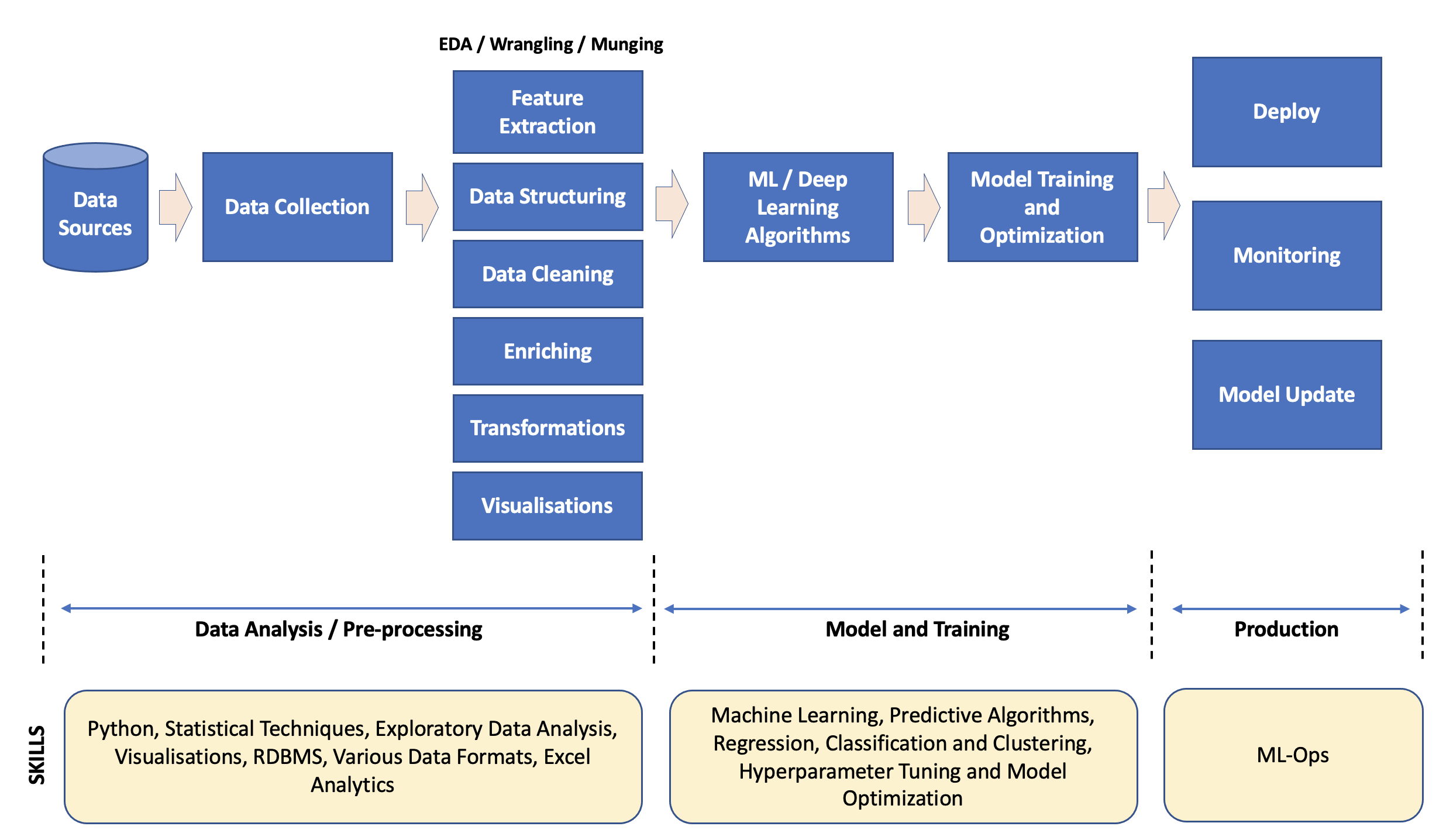
Course Features
Exploratory and Collaborative Programming
Business Domain Understanding
Quizzes, Assignment and Capstone
Data Science Leadership
Career Oriented Course
Pre-requisites and Students Backgrounds
Renowned Faculty

Real-life Projects

ML-Ops

Machine Learning Product Development

Placement Assistance
Program Structure
| Program | Duration |
|---|---|
| Post Graduate Program on Applied Data Science with Deep Learning and Specialisation (TEKS-RISE) | 4 Months |
| Specialisation Options (R Language, Tableau) | 1 Month |
| Mode | Days/Timings |
|---|---|
| Live Online, Instructor Led | Weekend Batches / Morning 10:00 am - 1 pm (Saturday/Sunday) |
Curriculum
Data Acquisition Techniques
Exploratory Data Analysis using Pandas, Numpy libraries
Visualizations using Matplotlib, Seaborn libraries
Modelling and Predictive Techniques - Supervised Learning, Unsupervised Learning, Prediction Problems, Classification Problems, Clustering using Scikit Learn, StatsModel libraries
Applied Part - Portfolio Projects
Deep Learning with CNN, RNN, LSTM, Attention models using Tensorflow and Keras
ML-Ops on GCP platform
Data Science Leadership
Python will be used as the primary programming language throughout the course. Teksands will organise pre-course Python sessions for those with little or no exposure to Python.
Libraries Covered

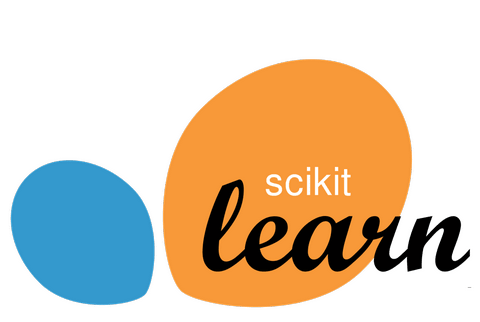


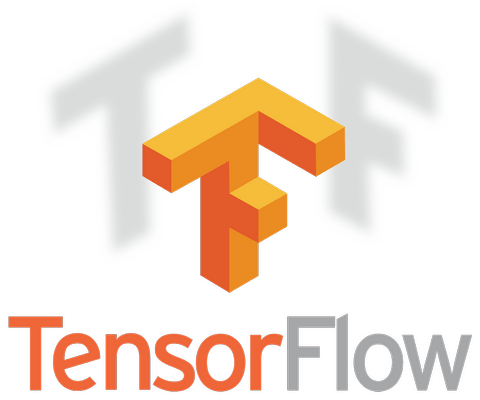
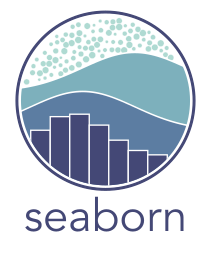
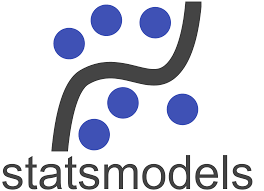

Introduction to Applied Data Science
Domains, Business and Data
Use Cases and Problem Statement understanding
Data Science Project Life Cycle
Exploratory and Colloborative Programming
Quiz
Advanced Data Structures and Manipulation using Python
RDBMS and writing SQL
Working with Files
Processing Big Data
Experiment Design and Analysis
Data Analysis using Excel
Quiz
Supervised and Unsupervised Learning
Predictive Modelling / Machine Learning
Types of Algorithms
Scenario-Algorithm Selection
Model Training Selection
Cost Functions
Quiz
Descriptive Statistics
Inferential Statistics
Probability Theory
Tests of Significance
Quiz
Statistical Techniques
Linear Algebra
Visual Exploration
Data Mining
Feature Engineering
Machine Learning Pipelines
Causal Inference
Quiz
EDA Project Assignment
Solving Prediction Problems through Linear Regression
Data Exploration
Pre-processing and Feature Engineering
Creating an LR model
Optimizing Models through RFE and VIF methods
Testing LR Assignments
LR Project Assignment
Quiz
Estimating Probabilities
Logistic Regression Cost Functions
Softmax Regression
Performance Matrix
ROC Curve and AUC
Optimizing Logistic Regression
Quiz
Logistic Regression Project Assignment
Introduction to Decision Trees
Gini Index and Entropy
Measuring Performance
Introduction to Random Forest
Random Forest Process Steps
Model Performance and Tuning
Quiz
Random Forest Project Assignment
Introduction to PCA(Predictive Component Analysis)
PCA Process Steps
Data Standardization
Finding Covariance Matrix of our Dataset
Eigen Vectors and Eigen Values
Recast Data using new PCAs
Expained Variance Ration and Screen Plot
Quiz
PCA Project Assignment
Introduction to Support Vector Machine
Linear SVM Classifications
Non-Linear SVM Classification
Polynomial Kernel Trick
Quiz
SVM Project Assignment
Unsupervised Learning
Introduction to PCA
PCA Process Steps
Centroid Optimizing / Convergence
Other Considerations
Optimizing Number of Clusters
Quiz
K-Means Project Assignment
Neural Nets
Perceptron and MLP (Multi Layered Perceptron)
Introduction to TensorFlow
Introduction to Keras
Classification MLPs
Regression MLP
Quiz
Deep Neural Network Project Assignment
CNN Architectures
Training a CNN
Image Pre-processing Techniques
Transfer Learning with CNN
TensorFlow Implementation of CNN
Object Detection
Quiz
Object Detection Project Assignment
RNN Architectures/p>
Training an RNN
Unstable Gradients Challenge
LSTM Architecture
Training and Predicting a Time Series
Quiz
LSTM Project Assignment
Generating Text using a RNN
Bidirectional RNN
Attention Mechanism
Encoder-Decoder Models
Natural Machine Translation using an Encoder-Decoder Model
Quiz
NLP Project Assignment
Understanding ML Lifecycle
Creating Docker Containers for ML Deployments
Manage Kubernetes Deployments
Setting up AI Pipelines
Training, Tuning and Serving a Model
Kubeflow Pipelines
CI/CD on KubeFlow Pipelines
Choice and Briefing of Capstone Projects
Research, Analysis and Methodology
Presentation Techniques - Paper and Visual
Current AI Trends
Start-ups and Products in Data Science/AI/ML
Upcoming Genre of Products
Understanding AI Products Development Lifecycle
Deep Learning Market
Create various Charts and Graphs
Create Dashboards
Create Data Hierarchies
Story-telling
Working with Parameters
Creating Data Extracts
Applying Filters
Calculated Fields
Mapping in Tableau
Advanced Charts
Publish to Tableau Online
Fundamentals of R
Vectors
Functions
Packages
Matrix
DataFrames
Visualisations using GGPlot2
Creating a Linear Regression Model using R
Creating a Logistic Regression Model using R
Real Life Projects
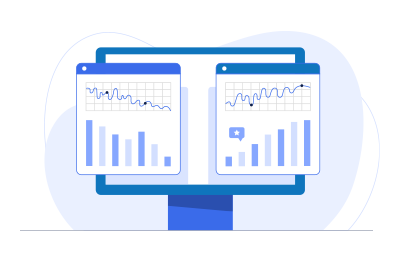
Price Prediction Problems
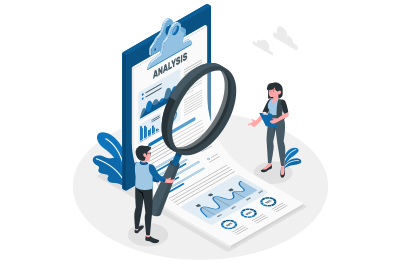
Customer Churn Analysis

Credit Card Fraud Detection

Email Spam Filtering

Sentiment Analysis using NLP Techniques

Product Recommender Engine
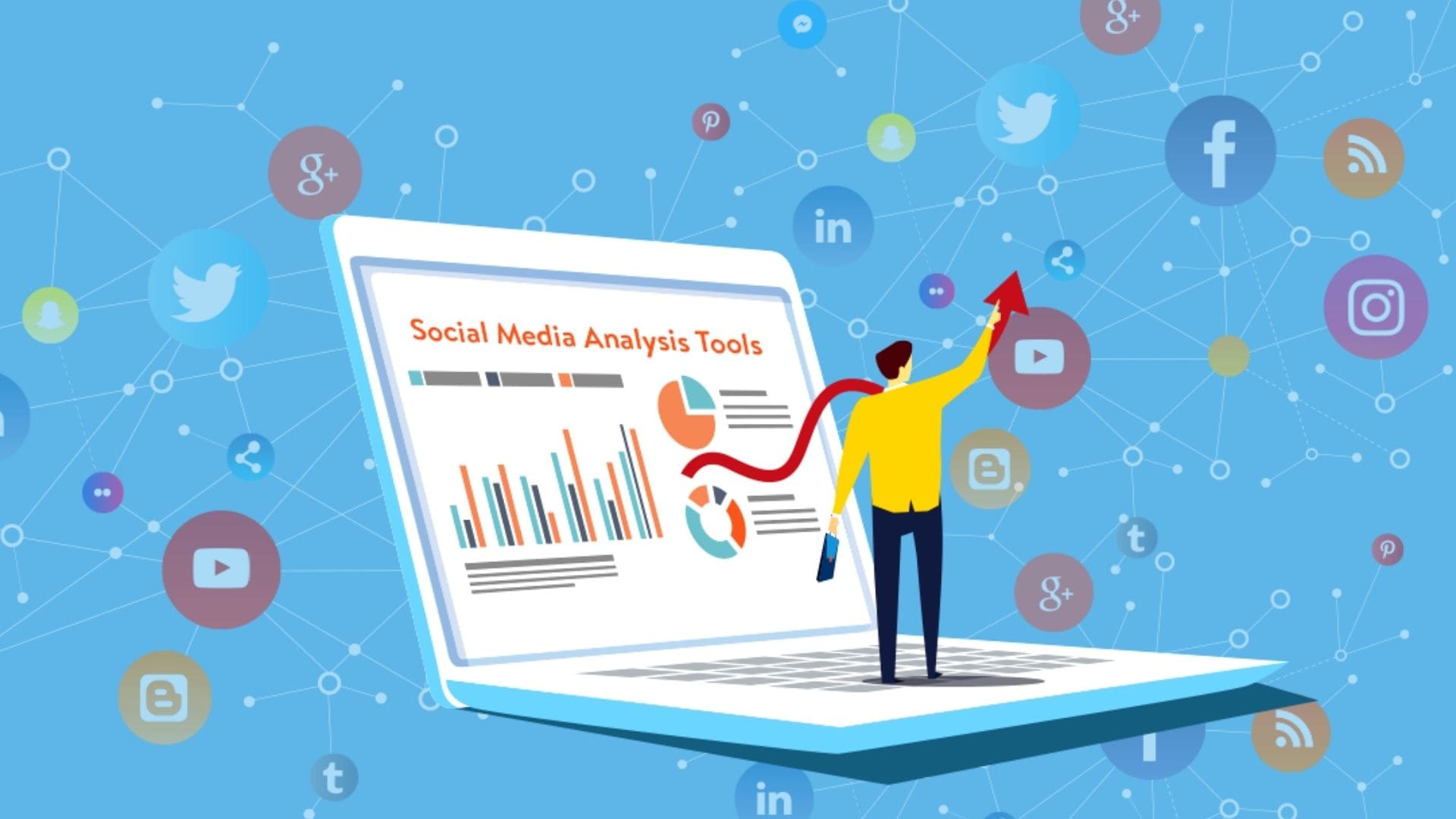
Social Media Analysis

Image Recognition
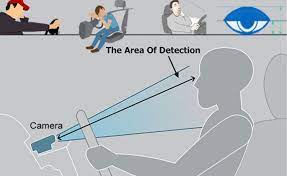
Driver Drowsiness Detection

Price Prediction System

Text Similarity Detection

Behavioural Segmentation

Fake News Identification
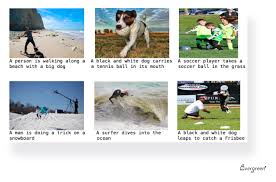
Image Captioning
FAQs
Data Science and Predictive Analytics has served a multitude of functions and job needs and a lot of Job Roles are created in organizations in the last few years. Some of the prominent Job Roles in this space are listed below:
Data Scientist: Data Scientists would have the responsibility of understanding and analysing all the data the organisation has and create Data Driven products and solutions to create businesses processes more efficient, drive automation, create decision systems, future prediction systems, etc.
Data Architect: Data Architects would typically analyse the organisational Data Schemas, design new schemas for newer data driven systems , tune existing data schemas, optimise organisational Mete Data and all data repositories including ETL Systems.
Data and Analytics Manager: Responsible for managing and leading Data initiatives in the organisation, including leadership in ETL programs, Decision Systems programs, leading analytics teams, etc.
Data Analyst:Data Analysts typically gather and analyse data within divisions and organisation for the purpose of building Insights and Analytics solutions and systems using a range of tools, techniques including statistics. This role is highly important for the leadership of any organisation to develop understanding of business trends.
Machine Learning Engineer: Responsible for developing sophisticated Machine Learning Models that are to create various Decision, Prediction, Classification, Clustering systems on Business Data. All the roles above and the plethora of roles this space is offering are growing rapidly in demand and skills shortfall is even expanding leading to high salaries for every skilled personnel in these fields.
Given "Data is the new Fuel", demand for professionals in these fields in the many years to come will continue to expand unabated creating massive opportunities for data professionals.
With Data Science applications booming through businesses leading to saving costs, better profitability and driving newer business models and products, the demand for these skills have skyrocketed. Literally, every business today is after quality skilled professionals in Data Science and Analytics. Not only they are looking for Data Science and Predictive Analytics skills to create new solutions, but preferring these as must-have skills in all other fields to drive continuous automation and efficiency. Even Business and Operations personnel are today are equipping themselves with foundational knowledge in these areas to save costs through automation.
Some statistics:
- 70-80% Year on Year New Job Numbers Growth in Data Science and related skills
- 15-20% Year on Year Average Salary Growth in these fields
- 85% of the Companies are Investing and expanding their Data Science Teams rapidly
- In 2020-21, there is a net shortage of 250,000+ skilled resources in these fields
- 2 Years is approximate Data Science Staff Tenure in companies
The course is completely based on practical approaches of teaching. Learners will have intense exposure to real code and data while learning the concepts on the go. We will also provide you all the codes used in training and also additional problems for you to work on and practice.
The Delivery method is Online, Live Classes led by Professional, Industry Experienced Instructors.
4 Months + 1 months Specialisation
Weekend Courses: Weekend Batches / Morning 10:00 am - 1 pm (Saturday/Sunday).
(Please check your specific course schedule)
- Laptop with Windows 7, 8, 10 / MacOS / Linux
- Internet Connectivity
- Latest Chrome / Firefox Browser
- Microsoft Excel
- Python Version 3 or above (https://www.python.org/downloads/)
- Anaconda Platform (https://www.anaconda.com/distribution/)
All courses on Teksands are taught by Industry Professionals, highly qualified and focused Research Scholars from Reputed University
Yes, Teksands will help you in securing a placement after successful completion of the course.
Teksands Post Grad Program on Data Science focusses on students building a Portfolio of Industry Projects across all learning areas. This portfolio helps you demonstrate your ability to prospective employers and make a difference. Additionally, Teksands course will have important industry-related modules such as ML-Ops and AI Product Development which gives you critical edge in launching a successful career journey.
Yes, please speak to your career counsellor to get to know more on instalment schemes.
This is a career focussed course and to be taken very seriously by the students. We recommend a minimum of 10 hours study per week beyond the online classrooms to as much as possible. Your commitment will help you succeed.
Certificate
Upon successful completion of the programme, participants will be awarded a verified digital certificate by Teksands.
Get Certified
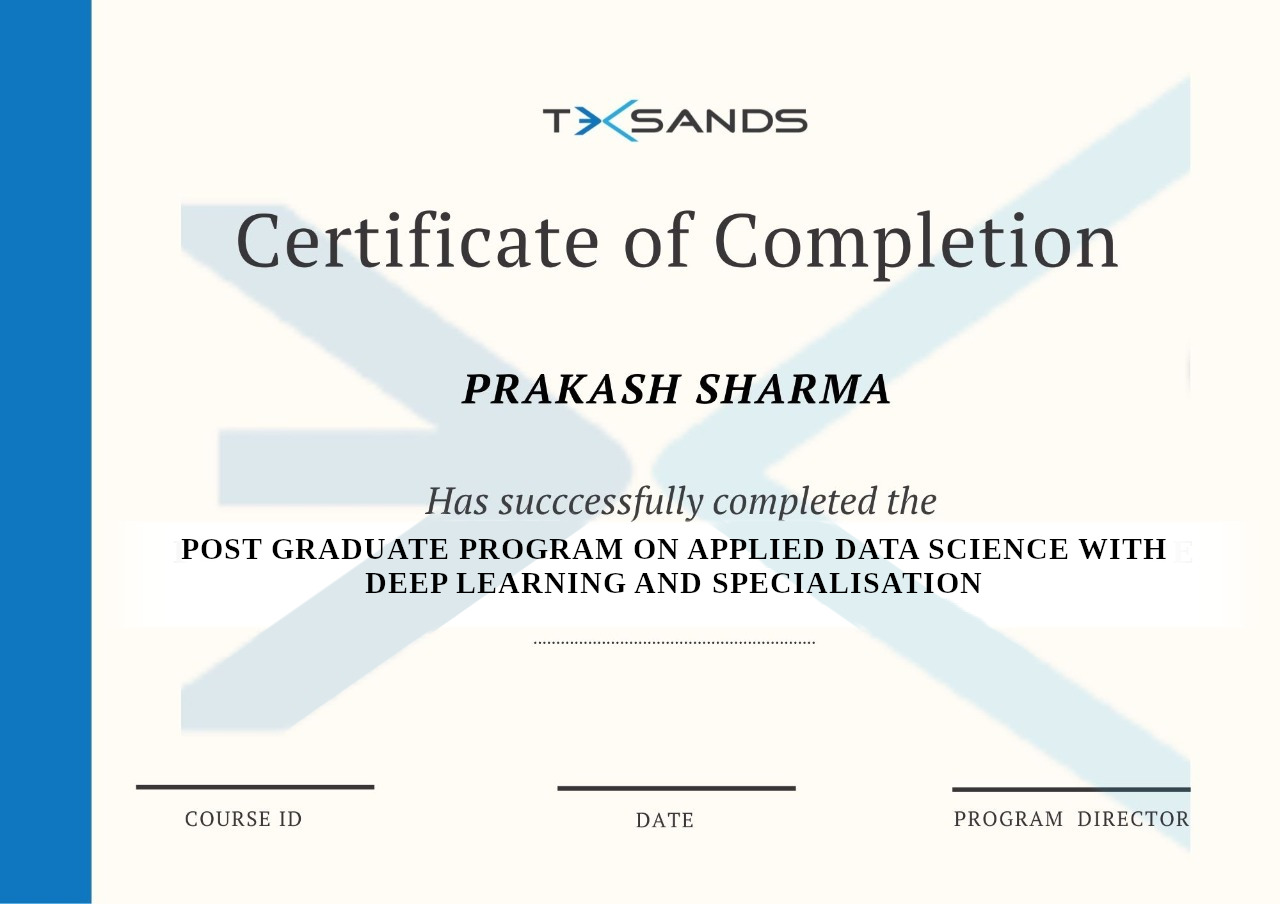

"Teksands' mission is to have Future ready Technology workforce. We provide Online and Corporate Courses on Deep Tech including Data Science, Machine Learning, Artificial Intelligence, Python, Deep Learning, Neural Network, and much more. Teksands courses are intended to primarily help working professionals achieve career augmentation or career switch in Deep Tech areas by delivering very high quality, application driven training suited to the needs of our learners needs and goals. "Teksands High Impact Series" & "TEKS - RISE" are the flagship programs to offer short term & longer duration Career Oriented courses."
